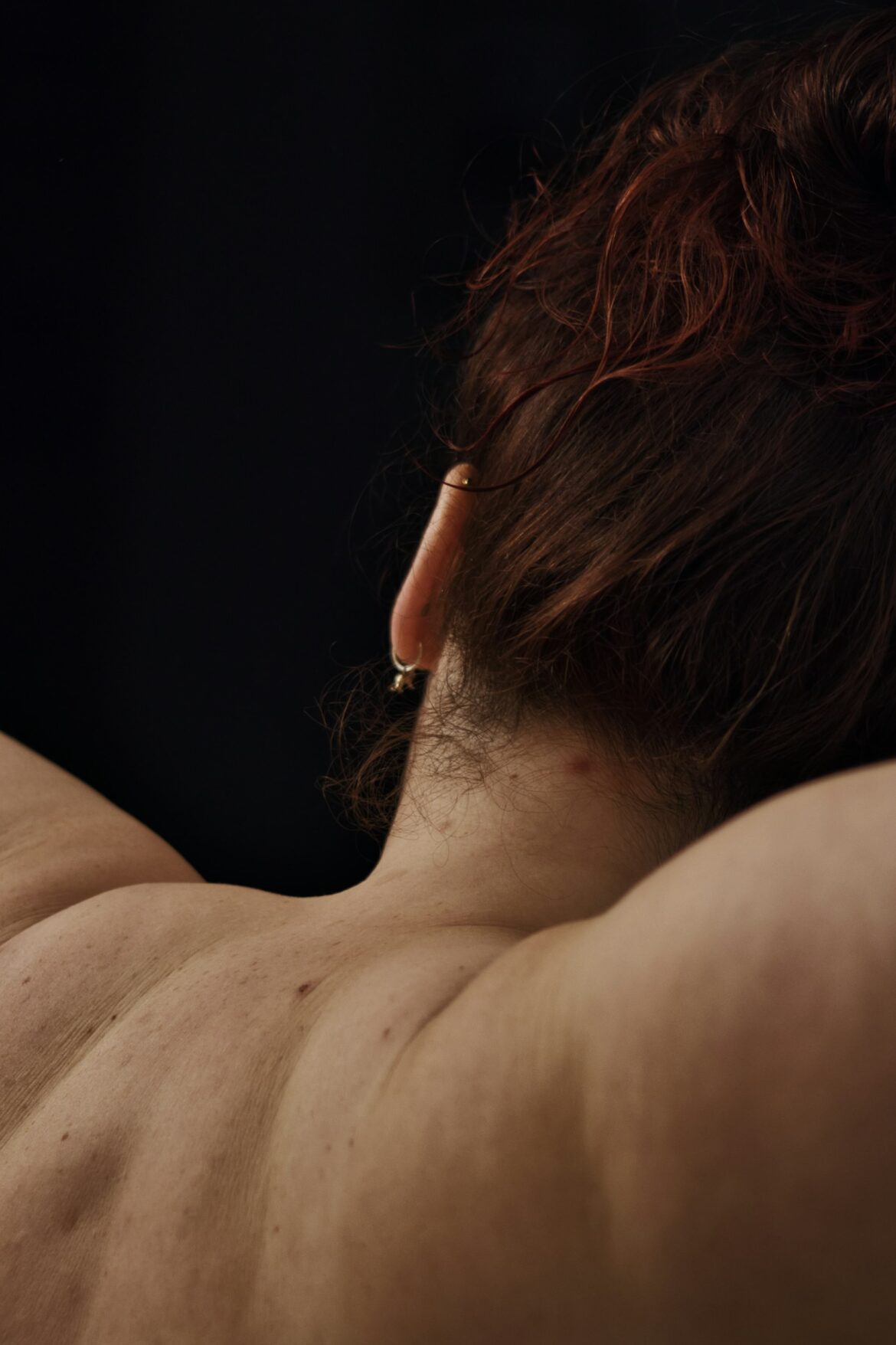Across centuries and societies, hair has held emblematic, aesthetic, and emotional power. It frames our faces, reflects our personalities, and conveys aspects of identity that words frequently can not. From the intricate lacings of African heritage to the elegant bouquets of 1920s Paris, hairstyles have long imaged the spirit of their times. This deep connection stems from further than simple vanity; it represents individuality, freedom, and belonging. Our fascination with hair continues to evolve, as ultramodern trends mix creativity with artistic pride and new hair care hacks. Whether long, short, curled, or sleek, hair remains a living hallmark of self-expression and care.
Confidence and the Power of Self-Image
Healthy hair influences the way people see themselves and how they’re perceived by others. A good hair day frequently translates to an elevated mood, a boost in confidence, and a readiness to take on challenges. According to psychologists, confidence in appearance can help us communicate better, act more boldly, and create a greater sense of well-being. Hair can reflect our internal/cognitive states, and when we take care of our hair, we often take care of ourselves. For many people, getting a new hairstyle after a significant event in life is often a signal of regeneration and resilience. This emotional connection explains why so many people invest the time and effort to care for their hair. Confidence does not depend entirely on external beauty, but hair clearly plays a role in our ability to craft authenticity and strength.
The Art and Science of Hair Care
Caring for hair requires further than routine washing; it involves understanding its texture, humidity situations, and unique requirements. Modern trichology, the scientific study of the scalp and hair, has shown how diet, hydration, and lifestyle shape overall hair vitality. Natural remedies and gentle phrasings are recovering fashionability as people move down from harsh chemicals. Weekly treatments, such as a coconut oil hair mask, help restore lost shine and elasticity while protecting strands from environmental stressors. Consistency remains crucial: balanced nutrition, proper sanctification, and protection from inordinate heat produce the foundation for healthy hair. Eventually, the art of care lies in listening to what your hair requires, rather than following transitory trends.
Thinning and Balding: A Universal Concern
Hair thinning and balding affect millions worldwide, cutting across age, gender, and background. In countries like Australia, the issue has become increasingly discussed, with more individuals seeking ultramodern results that restore both appearance and self-regard. Environmental factors, genetics, and stress each contribute to progressive hair loss. Advances in medical aesthetics now offer promising remedies such as restoration remedy and micro-grafting that give natural-looking results. Many choose to get professional hair implants in Sydney to achieve lasting improvements through clinically proven methods. Addressing hair loss isn’t simply about appearance; it’s also about reclaiming confidence and a sense of normality. The growing openness toward treatment reflects society’s changing stance, one that values internal well-being as much as physical renewal.
Cultural Identity and Expression Through Hair
Hair embodies more than just physical appearance, it often conveys belonging, culture, and transformation. For example, Indigenous Australian groups have always included hair to relate and celebrate cultural expression and connection to the past. Other cultural hairstyles, for example, indicate marital status, caste, and religious affiliation. Today, the natural hair movement signifies the importance of individual truth and the repudiation of normative beauty standards. Social media further enhances these expressions and creates global communities that honour and celebrate uniqueness in texture, colour, and styling. It is through these conversations, experience, and education, that people are allowed to participate in shifting towards a concept of beauty that values individualism over conformity. Hair has developed a personal significance and a communal notion of engagement for people.
The Future of Hair and Self-Care
As the fields of health and technology converge, the hair care sector’s future feels both scientific and sustainable. Innovators are developing bioengineered fibres, regenerative serums, and eco-conscious colouring products that reduce the overall impact on our environment. Personalised routines that incorporate interpreting inheritable testing and digital diagnostics will assist people in making informed decisions best suited for their scalp and hair profile. Beyond the new invention, what has not changed is our emotional connection with our hair. It still factors into how we feel, relate, and express ourselves. With a growing emphasis on holistic wellness, hair will again feel like part of a larger life of self-respect and confidence.
Our passion for hair is, ultimately, a passion for expression, regeneration, and connection. Hair has been woven into the history of humankind, as art and identity, representing everything from vulnerability to power. People’s relationships with hair represents deeper desires for balance and authenticity, whether it be maintaining healthy hair, managing thinning hair, or celebrating natural texture. And as we become even more aware of sustainable care, inclusivity, and mental health, we will continue to recognize that hair represents something much bigger than style; it represents who we are and how we ultimately desire to flourish.

Leave a Reply